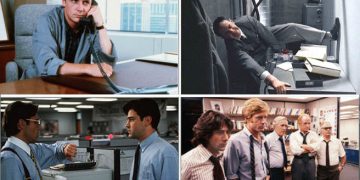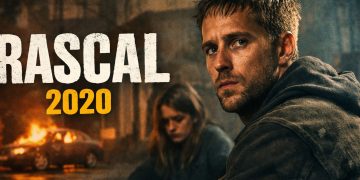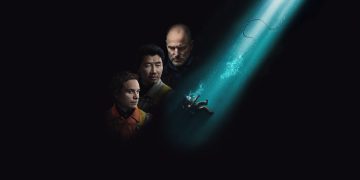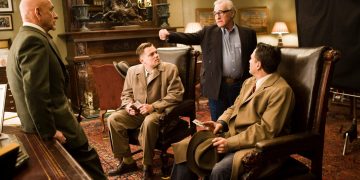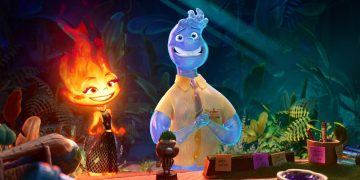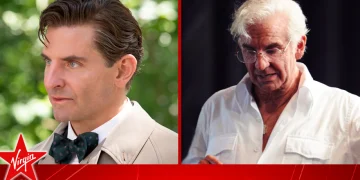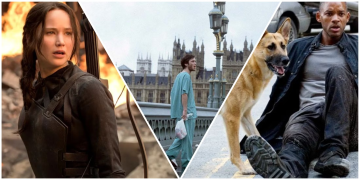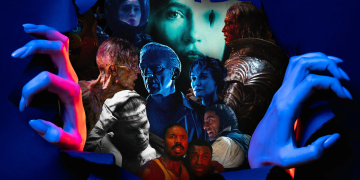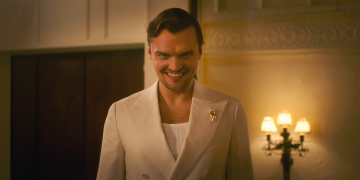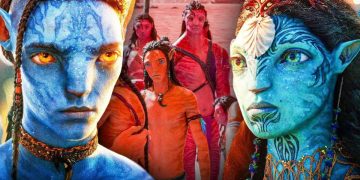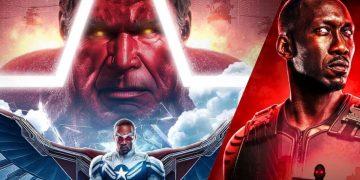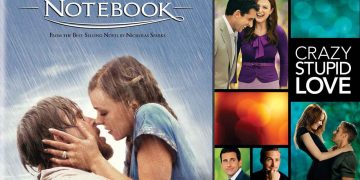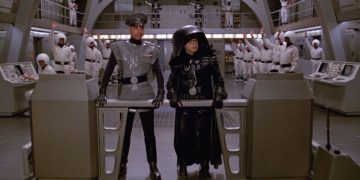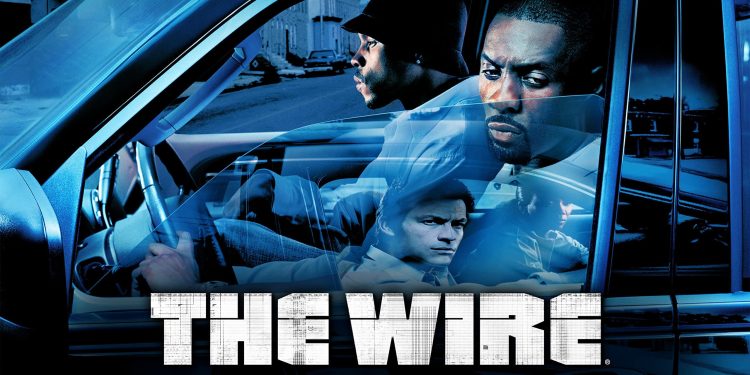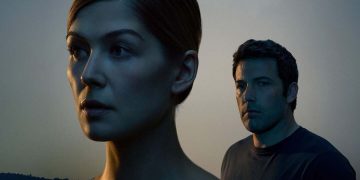TV series from HBO (2002-2008)

Lately, I’ve been browsing through various film and television groups, although not very active, but whenever it’s mentioned, it’s always compared to Breaking Bad, sometimes even considered superior. Initially, I hesitated a bit because it seemed like another cop and crime show, but when I looked at the IMDb ratings, it indicated a level of quality, so I decided to give it a try. And it turned out to be not just good but also exceeded my expectations. If someone were to ask me which show I prefer between Breaking Bad and The Wire, I would choose The Wire. It has a slow-paced plot, a diverse set of characters, and almost no high-intensity moments that make the audience’s emotions soar, and the creators have no intention of doing that. But if you persist, you will receive a worthy reward.
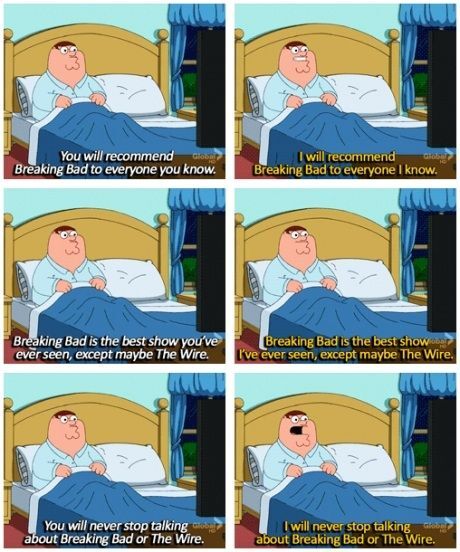
Nope, The Wire is better.
Content (Spoiler)
The Wire is an HBO TV show, created and produced by David Simon, a former journalist working in the city of Baltimore. The Wire: Wiretaps, drug trade, organized crime, and systemic corruption. The show has a total of 5 seasons. Despite having a main cast of characters, each season focuses on a different aspect of the city.
Season 1: Drugs Unlike Narcos, which focuses on the drug war, and Breaking Bad, which focuses on character transformation, The Wire paints a picture of how drugs have deeply rooted themselves in the lives, economy, and culture of the people of Baltimore. Once the game has a name, it continues relentlessly, making it difficult to change.
Season 2: Economics While the first season depicted the drug war and a part of the residents’ lives, Season 2 continued from the beginning, portraying the hardships faced by people struggling at the bottom of society. The city’s main economy relies heavily on the docks, but they are increasingly abandoned by the government. The ports and industrial areas are shrinking, workers lose their jobs or get delayed pay, and the only way for those at the top to make money is through smuggling, prostitution, and drugs.
Season 3: Government Machinery The season starts with a series of innovative reforms in combating homicides, concentrating all drug dealers in the western part of the city (the hottest spot in the war) and allowing them to conduct legal business there. In other words, it legalizes drugs. However, the hidden problems start to emerge, and when it reaches the higher-ups, the government is helpless because the above-mentioned methods yield positive results but also violate the constitution. When the media catches wind of it, the bureaucratic system shifts the blame onto each other. And by the end of the season, nothing is resolved.
Season 4: Education The new mayor promises radical reforms, leaving the bad things of previous administrations behind. However, he also inherits a massive debt. Unfortunately, his promises to tackle crime and increase police officers’ salaries require solving the education issue to secure a second term. Throughout the season, we see the bureaucratic system struggle to choose between investing in the police or the education system, but like previous seasons, no problem is truly solved, and a new generation of criminals is born.
Season 5: Media Throughout the first four seasons, we see a rigid and weak government, police officers who don’t know how to play the game, and a deteriorating economy and education system riddled with holes and debt. The final season focuses on the media, a crucial front in the war against drugs. They say that “small-time news is all about the drugs you bust; big-time news is all about the money you make.” The government’s and police’s reactions depend on the news reported, but the city’s media is flooded with fake news.
5 Seasons with 5 puzzle pieces create an overall picture. After watching and rewatching it several times, I see a city rotten to its core. If there’s a city that can be likened to Gotham from DC Comics, it’s Baltimore—a bleak city with numerous problems. What I like most about the show is that it almost never resolves any issue decisively because these problems are deeply rooted in the city, and personal interests and opposing organizations clash, as the show’s title “The Wire” suggests. In Season 1, there’s a famous quote:
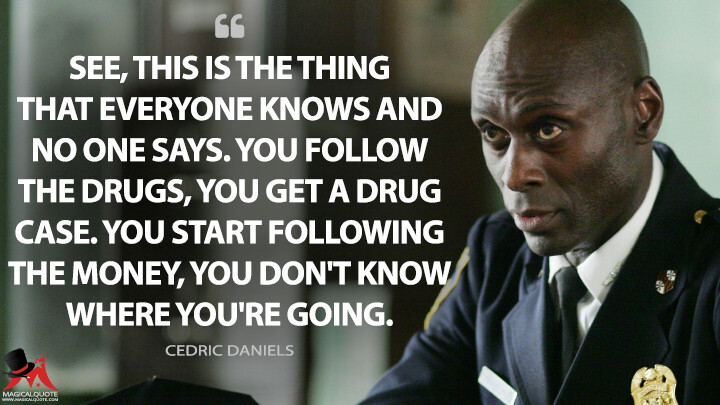
Characters
The Wire is a TV show filled with continuous plotlines, and I noticed that the plot often doesn’t provide many moments to develop characters’ personalities. However, The Wire manages this aspect quite well. Similar to Netflix’s Mindhunter, character depth is conveyed through smoothly executed dialogues and putting characters in difficult situations that force them to make choices. A person’s character is not revealed through what they say but through their actions, their choices. In the show, viewers follow Detective Jimmy McNulty with his iconic line, “The fuck did I do?”

He’s a typical anti-hero who defies all the rules of the game. Jimmy’s character traits become apparent early on when higher-ranking officers order him not to delve too deeply into cases due to political connections. Instead of following orders from above, Jimmy plays a different game, even if it jeopardizes his career and could land him in jail. He manipulates people, exploits affection, and more. He embodies various negative traits, but in the end, he earns respect from many because he does things no one else dares to do. He’s just one example, but Jimmy isn’t the only central character in the show, and it features a diverse cast of characters from all walks of life in the city, each with their own storylines. Another highly effective way the show explores characters is through CONTRAST. Filmmakers often pair characters with contrasting personalities, ideologies, and philosophies to create conflicts, elevate relationships, and eventually resolve them:
Avon and Stringer (the king and the queen) : Their relationship initially follows the king and queen dynamic on a chessboard. One person controls the game, and the other plays the game. Although they share the same battlefield, as the series progresses, both characters reveal different perspectives on the game.
- Stringer Bell is similar to Gustavo Fring in Breaking Bad with the philosophy “It’s just business,” cold and ruthless. Because he thinks like a businessman, his decisions often deviate from the gangster’s way, leading to his downfall.
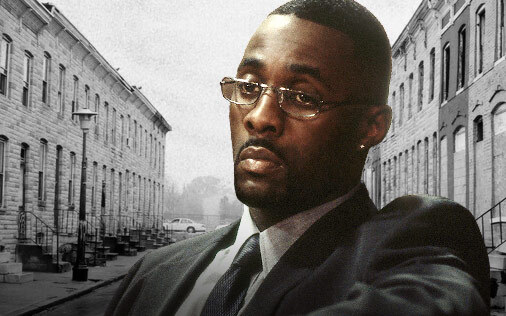
Stringer aka Idris Elba
- Avon, on the other hand, is an old-school gangster deeply embedded in the game. His entire world revolves around “gangs and drugs.” He can only live with what he knows. Stringer offers Avon an exit from the gangster life, but Avon realizes that apart from being a gangster, he can’t do anything else. Leaving the game means losing everything: money, reputation, respect, and most importantly, identity. As mentioned in the plot section, drugs have become ingrained in the city’s culture, and losing the culture means losing one’s roots.

Avon Barksdale
Visuals and Music in the series: 0/10, 10/10
Why did I give it 0/10 and 10/10 for this part?
“The Wire” is a drama TV series, but it’s not really just drama; this TV show contains more current events than a traditional film. Written through the eyes of a former journalist in Baltimore, there are no beautiful, glamorous visuals, no vividly described scenes, and, in fact, the only soundtrack in the series is the opening and ending. Everything is authentic and unembellished.
One of the most shocking scenes in the past decade was “The Red Wedding” in Game of Thrones, and it truly shocked the audience. But when you rewatch it, you can still see the signals that were foreshadowed.
At the time the series was released, Baltimore had become a battleground for drugs, with 200-300 murders per year. The Wire doesn’t give any forewarnings; whether the characters are important or not, all you can hear when a crime happens is gunshots, and when a character dies, it’s just that simple (though you can still see it if you understand the character’s philosophy). When I read the manga “20th Century Boys,” I remember a quote: “What’s frightening is not hearing how many people die every day, but hearing that news of people dying every day is becoming normal.” It can be said that for a film with a heavy current events theme, adding flashy colors would be unconvincing.
Ending the series.
One thing I’ve always emphasized in this article is that the issues raised in the series either have no solutions, or the solutions provided are not comprehensive. Inability to solve issues that have been entrenched in the city for so long does not mean that all approaches are useless. When you watch it to the end, you’ll realize that the main character is not a person but the city of Baltimore. When you focus on one thing, you don’t see others, but when you see the whole, you don’t see the details. The only way is to look at everything at once, because the final scene will take you from above, all over the city. I say this in a way that some readers might find difficult to understand, but leave that for your own eyes and appreciate this masterpiece.
This series is for those who want to watch shows with extremely intelligent dialogues like Game of Thrones or Mindhunter and have a taste of capitalist politics like House of Cards. And for those curious about the lives of gangsters, one of the cradles of today’s hip-hop culture.


